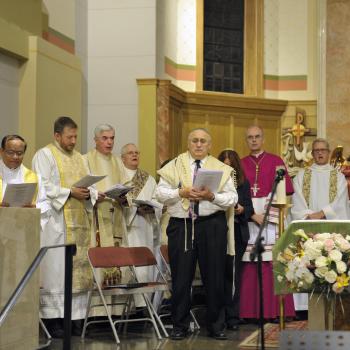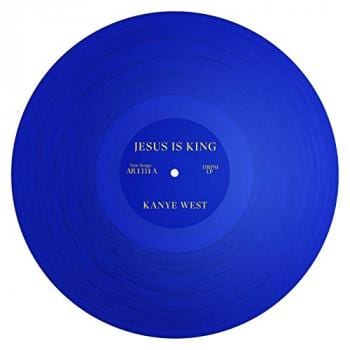A poignant story of faith, hope and medicine from the Wall Street Journal:
Cast out from her family, Tigist arrived at Ethiopia’s Entoto Mountain believing that a spring here welled with holy water that would rid her body of HIV.
Joining 4,000 other squatters seeking the same cure, the young woman reluctantly also started taking antiretroviral pills. Gaining strength, she married an HIV-positive man, Melaku, and started a new life in a mud-and-tarp hut amid eucalyptus forests.
The journey of Tigist and Melaku is emblematic of a shift in Ethiopia, where about 1.2 million people live with HIV/AIDS, among the most of any country. The country’s traditional and often superstitious views toward AIDS commonly lead to exile for the disease’s sufferers. But modern methods are gaining more purchase, in recent years resulting in a greater number of Ethiopians on antiretroviral therapy and a decline in AIDS-related deaths.
In the 1990s, as the AIDS epidemic swept through sub-Saharan Africa, fear of disease coupled with misconceptions about how AIDS spreads fostered discrimination against HIV-positive people. Grappling with a surge in ailing parishioners, many priests goaded sufferers to seek refuge and cure at places like Entoto, which soars north of the capital, Addis Ababa.
Many Christian Orthodox Ethiopians, who represent the largest religious group, believe in the power of holy water. Ethiopian church writings say Entoto’s has the power to exorcise demons.
Tigist agreed to try antiretrovirals.
It was five years ago when Melaku, a short, slight man now 30 years old, learned he was HIV positive. Telling his family only that he was moving close to the country’s capital to find work, he hasn’t returned since.
“Only God will never hate me because of this virus,” Melaku said, sipping black coffee and pecking at popcorn in the one-room shack he rents with Tigist.
At dawn each day, he descended a steep ravine and lined up naked at a natural pool. Priests clutching crosses would pour water six times over the people, who usually also drink about a gallon of the water each day as a tonic.
Melaku remembers many people dying in his first few years on the mountain. “I tried to have faith in the holy water,” he says.
He met Tigist, now 26, whose family had sent her to Entoto after she visited a clinic and learned she was HIV-positive. At the mountain, she joined the people walking a mile to reach the pool each morning. She became more ill, vomiting the holy water.
About four years ago, when Melaku brought her to a hospital, a nurse told Tigist she needed to take drugs regularly to regain her strength. She initially declined.
With Melaku’s encouragement, she augmented the holy water with antiretroviral therapy, a combination of drugs that suppress the HIV and impede the disease from progressing.
Feeling stronger, the couple said their vows in a small ceremony.
That marked one of the victories in a global anti-AIDS push of free drugs, educational campaigns and clinics. In 2003, then-U.S. President George W. Bush poured billions of dollars into getting antiretroviral drugs to millions of Africans.















